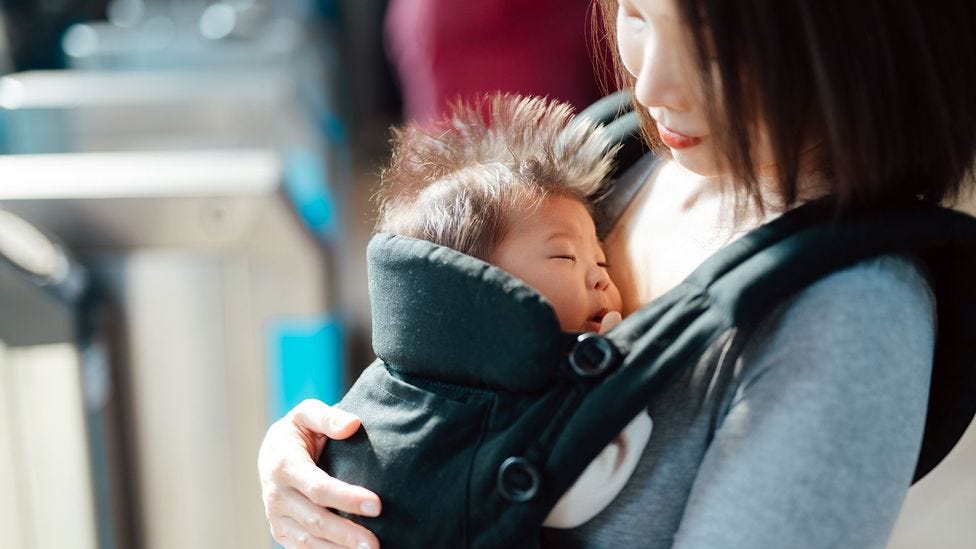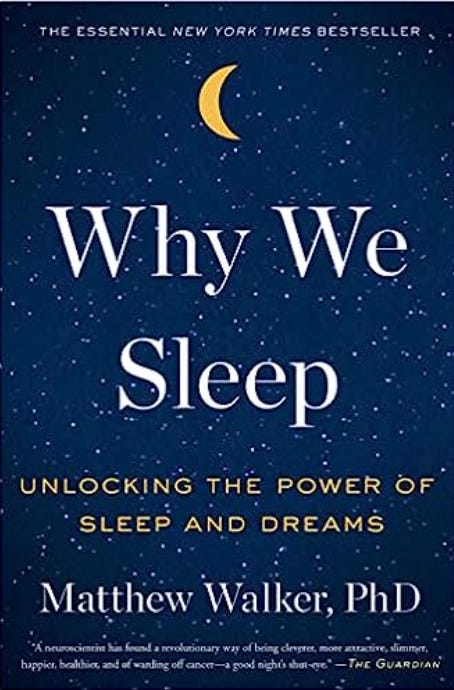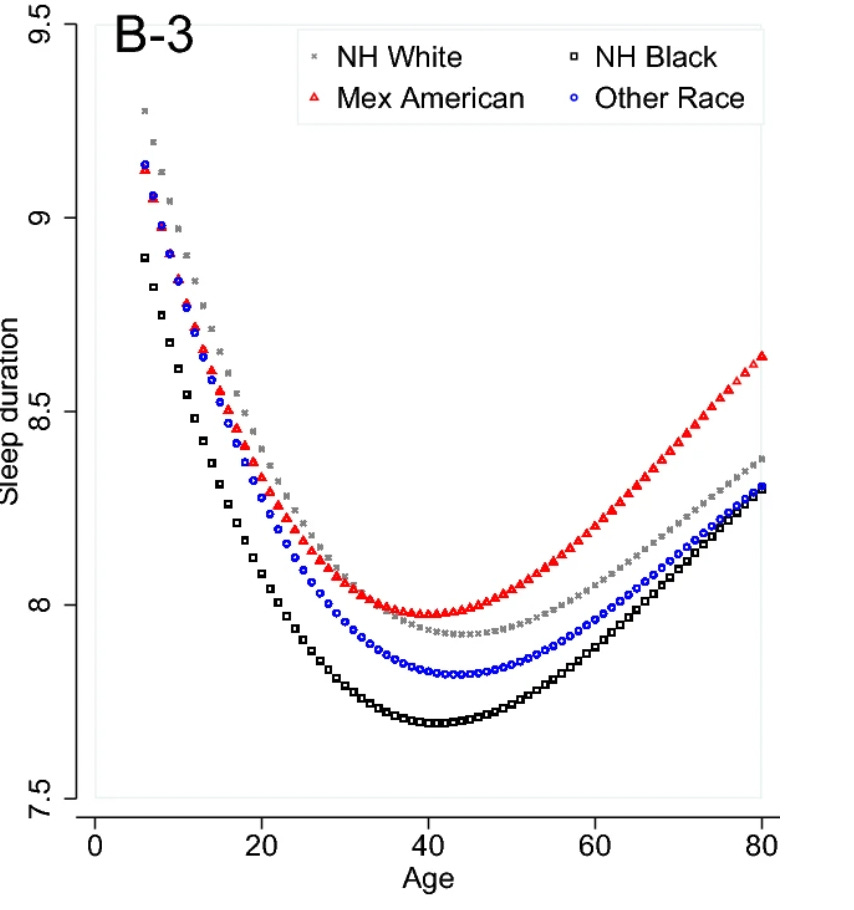Small Talks, No. 99
March 31, 2023
Welcome to the ninety ninth edition of Small Talks. Every Friday, I highlight 6 areas of weekly joys and reflections in early childhood and the whole family. Small Talks leverages my experience at the intersection of education, philanthropy, and impact investing. Enjoy!
What I’m celebrating -
This week is dedicated to sleep.
Did you know?
By the age of two, most children have spent more time asleep than awake. Overall, a child will spend 40 percent of his or her childhood asleep.
According to the American Academy of Pediatrics (AAP), a quarter of children under the age of 5 don’t get adequate sleep.
Major socioeconomic and racial disparities in both quality and quantity of sleep.
“Some of the most vulnerable children in our society are also at risk of having insufficient or disordered sleep.”
— Gita Gupta, M.D., M.S.
Children ages 3 to 7 who don't get enough sleep are more likely to have problems with attention, emotional control and peer relationships in mid-childhood. More here.
Sleep impacts brain development: Children (ages 9 and 10) who had insufficient sleep had less grey matter or smaller volume in certain areas of the brain responsible for attention, memory, and inhibition control, compared to those with healthy sleep habits. These differences persisted after two years, a concerning finding that suggests long-term harm for those who do not get enough sleep. More here.
What about infants? Is longer, deeper sleep better for babies? Not according to research. Babies wake in average 2.2x times per night at 3 months of age (although range is 0-15). Read more here.
For teens and young adults, there is a correlation between sleep and academic outcomes: The less students slept during the semester, the worse their scores. But, there is more: sleep actually helps children learn, memorize, retain, recall, and use their new knowledge to come up with creative and innovative solutions. More here.
Sleep is really, really important for thinking, learning, attention, health, and so other good things. Excellent review of all the benefits of sleep here.
In adulthood, the association between lack of sleep and heart disease has been compelling enough that in 2022 the American Heart Association added sleep to its heart health checklist, along with nicotine exposure, physical activity, diet, weight, blood glucose, cholesterol and blood pressure.
Some cool innovators on baby sleep, such as Huckleberry or Onoco, leveraging AI to predict sleep patterns.
What I’m listening to -
This episode from the Sleep Science podcast about how babies sleep, and how it differs from adults and why.
What I’m reading -
“Why we sleep: Unlocking the power of sleep and dreams” has been a bestseller for a while about the importance of sleep by neuroscientist Matthew Walker.
What I’m watching -
In this TEDTalk, Danish author Gitte Winter Graugaard explains how children today in general sleep too little and why sleep deprivation among children is a major concern. She argues that as more and more parents are stressed out and feel disconnected we see children suffering from a range of mental health problems.
What I’m learning more deeply -
Age 40 is when busy Americans get the less sleep (likely related to working and being a parent). Graph also highlights racial disparities across age groups.
A quote and a graph I’m pondering -
Feedback is a gift. Which part above is your favorite? What did I miss? What do you want more or less of? Other recommendations? Please kindly let me know. Thank to all of you who are sending me amazing suggestions.
If you enjoy this newsletter, please help spread the word by sharing with your friends, colleagues, and networks.
Have a wonderful week. Please stay safe and care for each other.
Isabelle







Melissa: Thank you for sharing this story from your class, which is a reality for so many educators and families in our economy. Sleep has insidious, but major impact- it feels like an « elephant in the room », so obvious, simple, free solution to improving learning. Yet, it is rarely discussed. In California, we had a change in legislation last summer that has been quite positive pushing start times for teenagers (middle school and high school), although this makes it complicated for some working parents to drop off children as a result. Out of curiosity, may I ask if your school provides any info to parents on merits of sleep?
Thank you for this post. I teach 5th grade and on Monday afternoon I counted 4 students who were asleep. I could hear the breathing of deep sleep from most of them. The majority of my class goes to bed after midnight and stays up most of the night on the weekends. Part of this is due to the working schedule of parents. Many work second or third shift. The older children watch the younger children and everyone stays up. There are days when my students look as if they are aging. I definitely see the massive impacts on behavior, memory and attention. In my opinion, this is a public health issue that should be addressed as such.